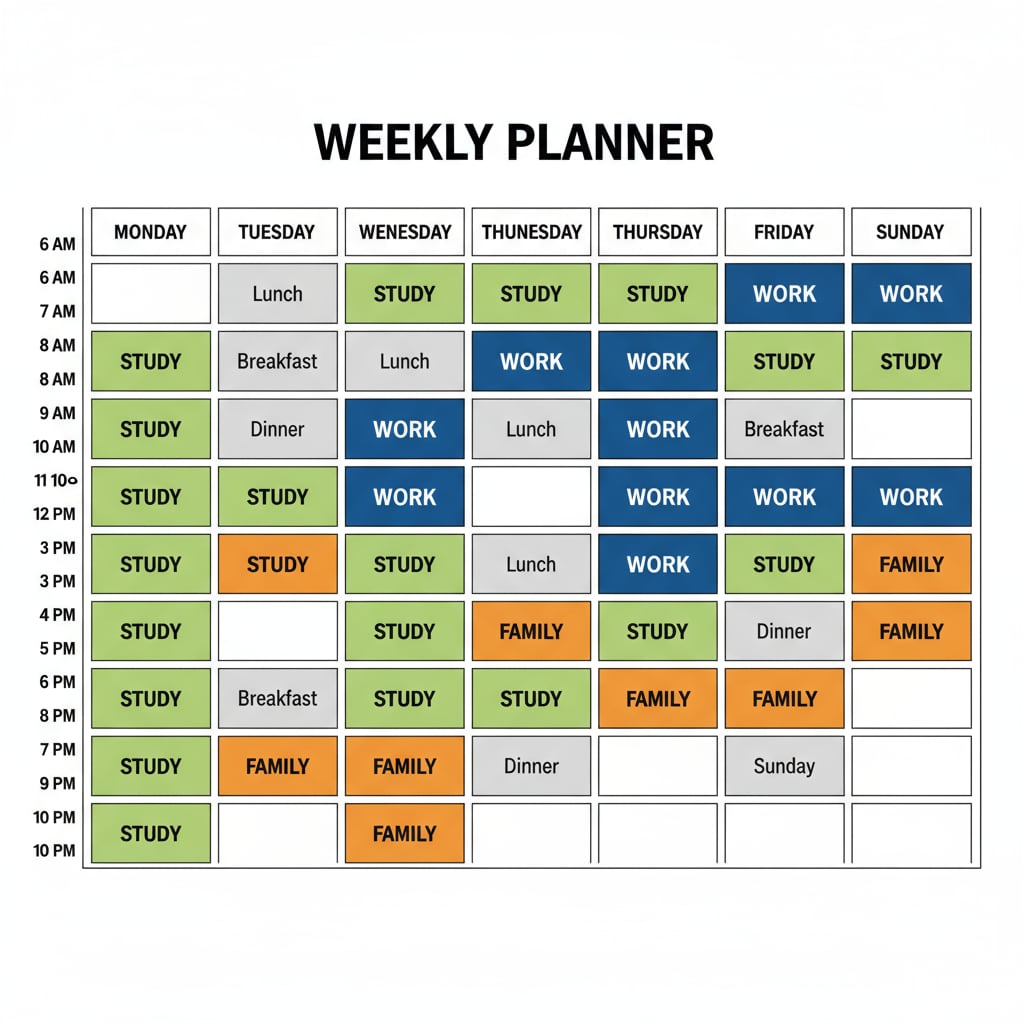Work-Learning Balance, Time Management, and Marital Relationships are three crucial aspects that K12 educators often grapple with. The demanding nature of their full-time jobs, the pursuit of further education, and the need to maintain a healthy marriage can create a complex web of responsibilities.

However, with the right strategies, it is possible to achieve harmony among these areas. In this article, we will explore how K12 educators can manage their time effectively to succeed in all aspects of their lives.
Structured Time Management: The Foundation
Structured time management is the cornerstone of achieving balance. K12 educators should start by creating a detailed schedule that allocates specific time slots for work, study, and family. For example, set aside dedicated hours each day for lesson planning and teaching, and then allocate time for coursework and study. By clearly defining these boundaries, educators can better focus on each task. Time management principles on Britannica This structured approach helps prevent tasks from overlapping and causing unnecessary stress. It also ensures that each aspect of life gets the attention it deserves.

Setting Realistic Expectations
Setting realistic expectations is another vital strategy. Educators need to understand that they cannot do everything at once. They should prioritize tasks based on their importance and urgency. For instance, if there is an upcoming teaching assessment, that may take precedence over some personal study time. At the same time, in the context of marital relationships, communicate openly with their spouses about their workload and limitations. This way, both partners can adjust their expectations and support each other. Prioritization in time management on Wikipedia By being realistic, educators can avoid burnout and maintain a more sustainable lifestyle.
Finally, seeking a support system is essential. K12 educators can reach out to colleagues, friends, and family for help. Colleagues can share teaching resources and advice, which can save time and energy. Friends and family can provide emotional support and even assist with household chores or taking care of family members. In the context of marriage, a strong support system between partners can strengthen the relationship. By building a network of support, educators can better handle the pressures of work, study, and marriage.
Readability guidance: The key to achieving work-learning balance, time management, and maintaining healthy marital relationships for K12 educators lies in these strategies. Structured time management provides the framework, setting realistic expectations keeps the focus clear, and a strong support system offers the necessary backup. By implementing these, educators can not only thrive in their careers but also enjoy fulfilling personal lives.


